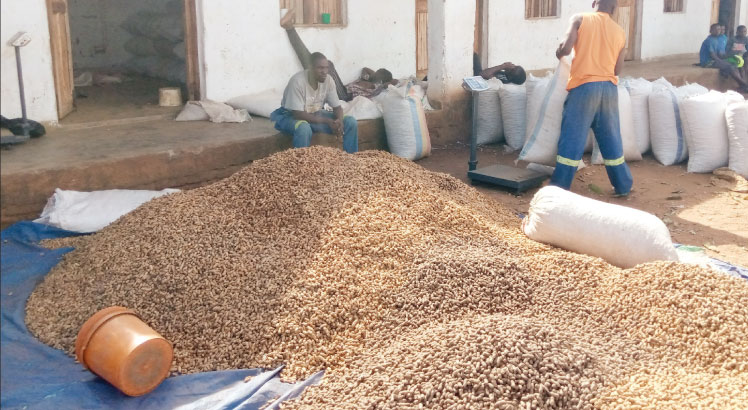$10bn at stake if FCTC is implemented
 Tobacco value chain in 15 regional economies, including Malawi, affected by the World Health Organisation’s Framework Convention on Tobacco Control (WHO-FCTC) guidelines is worth in excess of $10 billion (K3.2 trillion), a new study has revealed.
Tobacco value chain in 15 regional economies, including Malawi, affected by the World Health Organisation’s Framework Convention on Tobacco Control (WHO-FCTC) guidelines is worth in excess of $10 billion (K3.2 trillion), a new study has revealed.
The study, by NKC independent economist commissioned by Tobacco Institute of Southern Africa (Tisa), shows that the crops supports 24 million Africans in Angola, Botswana, Egypt, Ethiopia, Kenya, Lesotho, Malawi, Mozambique, Namibia, South Africa, Swaziland, Tanzania, Uganda, Zambia and Zimbabwe.
The study, according to Tisa chairperson and chief executive officer Francois van der Merwe was done, partly, in response to “injudicious effort by the working group bureaucrats†within the FCTC who are pushing for the adoption of Article 17 at the fifth FCTC Conference of the Parties (COP5) in Seoul, Korea, in November.
Van der Merwe said the motivation of drafters of FCTC has been the ongoing campaign to decrease the demand for tobacco products, a development that has resulted in “an ill-conceived attempt to tackle the most vulnerable people in the supply chain, namely the farmersâ€.
“For the very first time, this study quantifies the importance of the tobacco value chain. In Malawi, tobacco represents 13 percent of GDP, [and accounts for about 60 percent of all export earnings]. In Zambia, it supports some 20 percent of the population and in Zimbabwe, it employs over 1.3 million people. These are not insignificant numbers,†he argues.
He says Tisa supports the original intent of the FCTC’s Article 17 treaty which was to provide technical and financial assistance to aid the economic transition of tobacco growers and workers to viable alternative crops.
But Van der Merwe says the proposals under consideration, however, represent a departure from this original goal as they seek to artificially reduce the supply of tobacco without providing growers any viable alternatives to support their families.
Tobacco Association of Malawi (Tama), a representative body of 300 000 farmers, has also condemned the new FCTC proposals which, they claim, go beyond their original mandate.
Tama chief executive officer Graham Kunimba said the proposals are designed to force tobacco growers out of business through banning minimum support prices and leaf auction, restricting production by regulating the seasons in which tobacco can be grown, reducing the area allocated for tobacco farming, banning financial or technical support for tobacco farmers and dismantling all bodies connecting growers with governments.
Early this month, International Tobacco Growers Association (ITGA) chief executive officer Antonio Abrunhosa accused drafters of new tobacco guidelines for lacking understanding on the crop’s farming.
He argued that the FCTC does not realise that there are no economically-viable crop alternatives for tobacco farmers to grow.
The Tisa commissioned study indicates that the measures by FCTC will have a negative impact on the 27 economies that comprise Comesa, Sadc and Southern African Customs Union (Sacu).
Tax revenues generated by the tobacco value chain were valued at $3.7 billion (K1.1 trillion) during 2011 and exports of the leaf and related products totalled $1.4 billion (K448 billion) in 2011 compared to imports of only $622 million (K199 billion).





